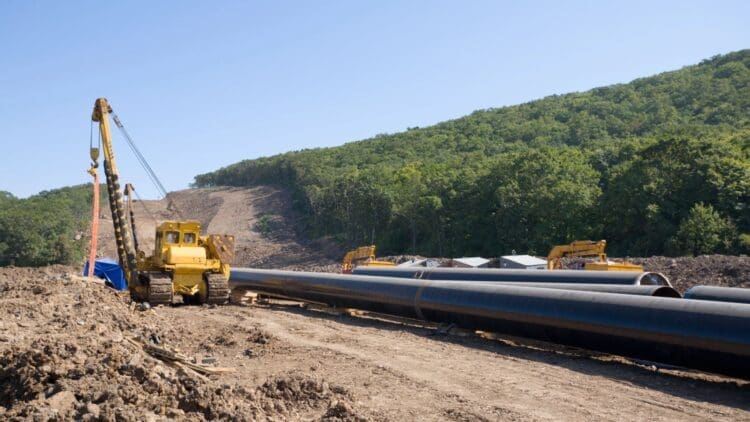An essential component for the energy sector is to efficiently track the methane emissions from the energy industry, and the EU has some of the strictest rules and regulations for any imports of gas into the region. However, while we commend the regulations aimed at reducing harmful emissions, the United States and other nations have lamented the EU’s emission regulations, noting that it has complicated the trade of essential energy resources. With several market insiders urging the EU to reconsider its emission regulations, the sector is facing a troubling time in Europe.
European buyers and US suppliers are in agreement over the EU’s strict rules
The overarching consensus among the litany of European buyers and the myriad of US gas suppliers is that the EU’s emission regulations for methane have become too strict and are placing complications on the trade of gas and LNG.
With a Swiss energy trader, Axpo, noting that it was in advanced negotiations with a US supplier of gas, but that the deal has been put on hold for the time being, as the US supplier simply can not meet the EU’s emission regulations.
The EU’s regulations for methane emissions require EU importers to report information about the methane emissions of imported gas. That does not align with the United States regulations and has complicated a vast amount of long-term deals in the pipeline. The EU’s regulation requires the information to be submitted no later than May 2029 and cover imports from supply contracts concluded or renewed after 4 August 2024.
“Signing supply deals of that scale without knowing whether they will comply with the EU regulation is a big risk.” – Axpo head of trading Domenico de Luca
Both the United States and Qatar are urging the EU to amend its methane regulations
The United States is the largest producer of gas energy in the world, and the US gas sector is urging the EU to rethink its methane regulations for imports. Noting that the current regulations complicate things, as buyers can not commit to long-term contracts, and suppliers in the United States can not meet the stringent emission regulations laid out by the EU.
“We are in a difficult situation. Europe has few options if it doesn’t want to go back to Russian LNG.” – Axpo head of trading Domenico de Luca
The new wave of sanctions imposed on Russian energy in all its forms has further complicated the situation, as the world prepares for a future without Russian energy resources. The EU’s tight restrictions on methane emissions are a step in the right direction, but may need some easing of regulations while the world conemplates the future of the international energy market.
The result of the sanction has led to tighter prices for diesel and jet fuel as well, pointing to the fact that the sanction may have far-reaching implications that were not carefully considered by the international energy sector. Qatar has also released a joint statement with the US, urging the EU to rethink its emission regulations.
Europe’s gas sector is facing a new horizon that will enable better energy security
Emissions are a global concern and not limited by geography; therefore, it is important for nations to have strategies in place to curb the amount of methane being emitted by the energy sector. The recent news that the EU is preparing for life without Russian energy has been praised by the international community, as the energy sector is a main financing tool of Moscow, with many noting it is keeping Putin’s war in Ukraine alive. In order to ensure a smooth transition away from Russian energy, the EU will need to reconsider its exceedingly strict emission regulations.






